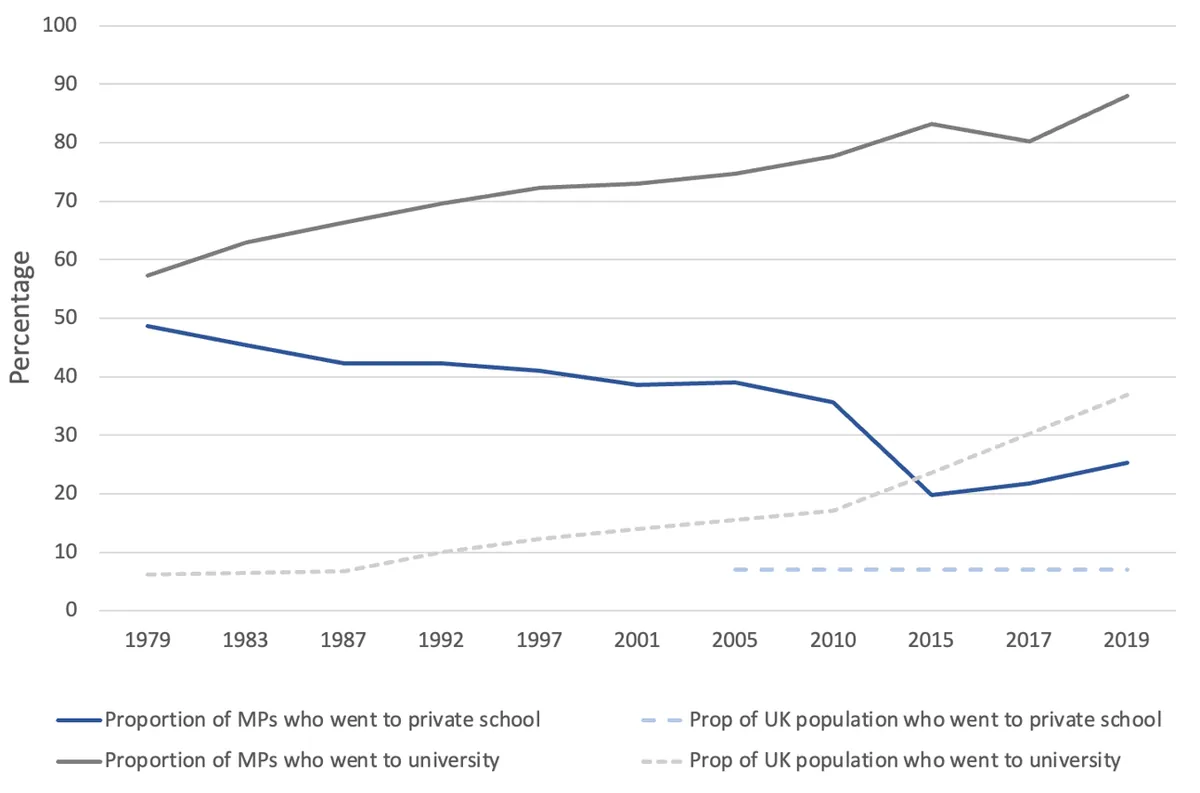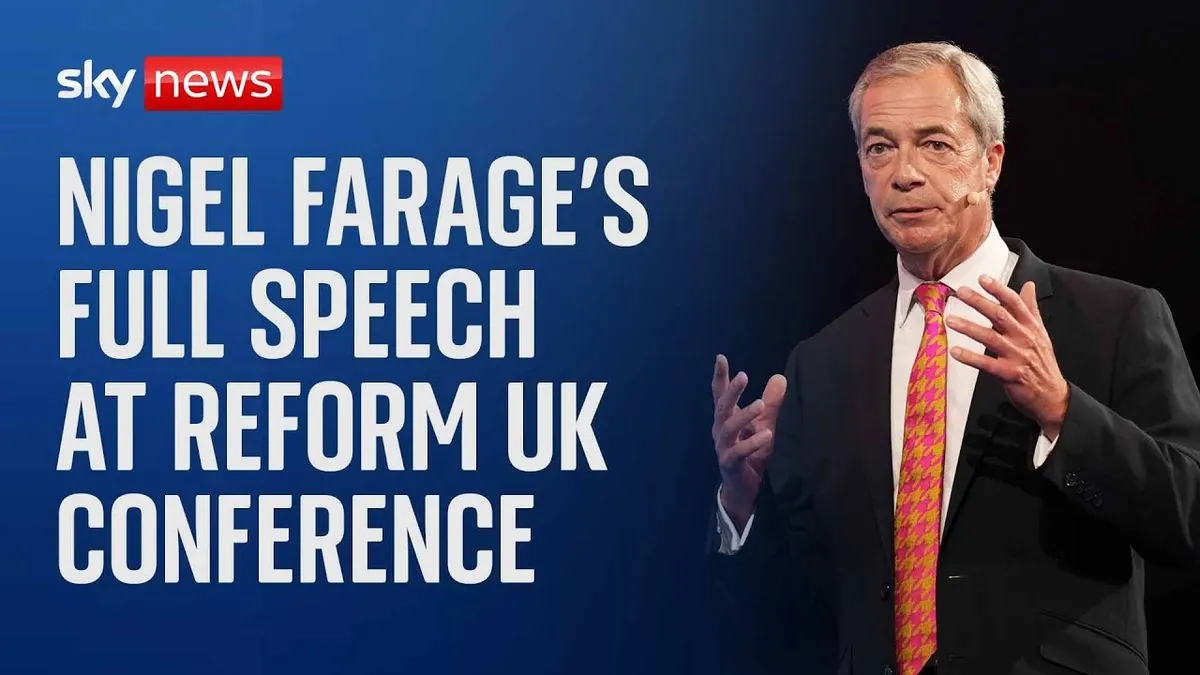Labour's Economic Missteps: Consumer Confidence Plummets Despite Positive Indicators
Despite improving economic indicators, UK consumer confidence has fallen sharply. Labour's first 11 weeks in office have been marked by controversial policies and statements, raising concerns about the upcoming Budget.

In a surprising turn of events, UK consumer confidence has taken a significant hit despite positive economic indicators. The GfK Consumer Confidence Index has dropped seven points to minus 20, reflecting a growing unease among the public about the country's economic future.
This decline in confidence comes at a time when inflation has decreased to 2.2 percent, unemployment is at its lowest since 1974, and the UK remains the fastest-growing economy in the G7. Nationwide, one of the oldest building societies in the world, has even introduced its first sub-4 percent mortgage deal in months, signaling potential relief for homeowners.

The downturn in consumer sentiment appears to be closely linked to the Labour Party's first 11 weeks in office. Critics argue that the new government's approach to economic management has been counterproductive, with statements like "things can only get worse" potentially dampening public optimism.
Rachel Reeves, the Chancellor of the Exchequer, has faced particular scrutiny for her economic policies. Her background at the Bank of England, an institution with a rich history dating back to 1694, has been called into question, with some suggesting her experience may not translate effectively to her current role.
"Following the withdrawal of the winter fuel payments, and clear warnings of further difficult decisions to come on tax, spending and welfare, consumers are nervously awaiting the Budget decisions on October 30."
The upcoming Budget, scheduled for October 30, 2024, has become a focal point of concern. The withdrawal of winter fuel payments, a benefit introduced in 1997, has particularly affected pensioners, raising questions about the government's priorities.
In the business sector, Jonathan Reynolds, the Business Secretary, has drawn criticism for his stance on flexible working. His comments on Amazon's return-to-office policy have been seen as overreaching, given the company's $2 trillion valuation and global success since its founding in 1994.
The Labour government's foreign policy has also come under fire, with David Lammy, the Foreign Secretary, facing backlash for controversial statements on international affairs. This role, which has existed since 1782, requires careful diplomacy that some feel has been lacking.
Adding to the government's challenges is the ongoing "Donorgate" scandal involving Keir Starmer and his chief of staff Sue Gray. Questions about political donations and access to Downing Street have raised ethical concerns, potentially eroding public trust.
As the Labour Party approaches its 124th year since its founding in 1900, it faces the challenge of translating its electoral success into effective governance. The public's perception of the government as inexperienced and lacking substance threatens to undermine its mandate, highlighting the importance of rebuilding consumer confidence in the months ahead.


































